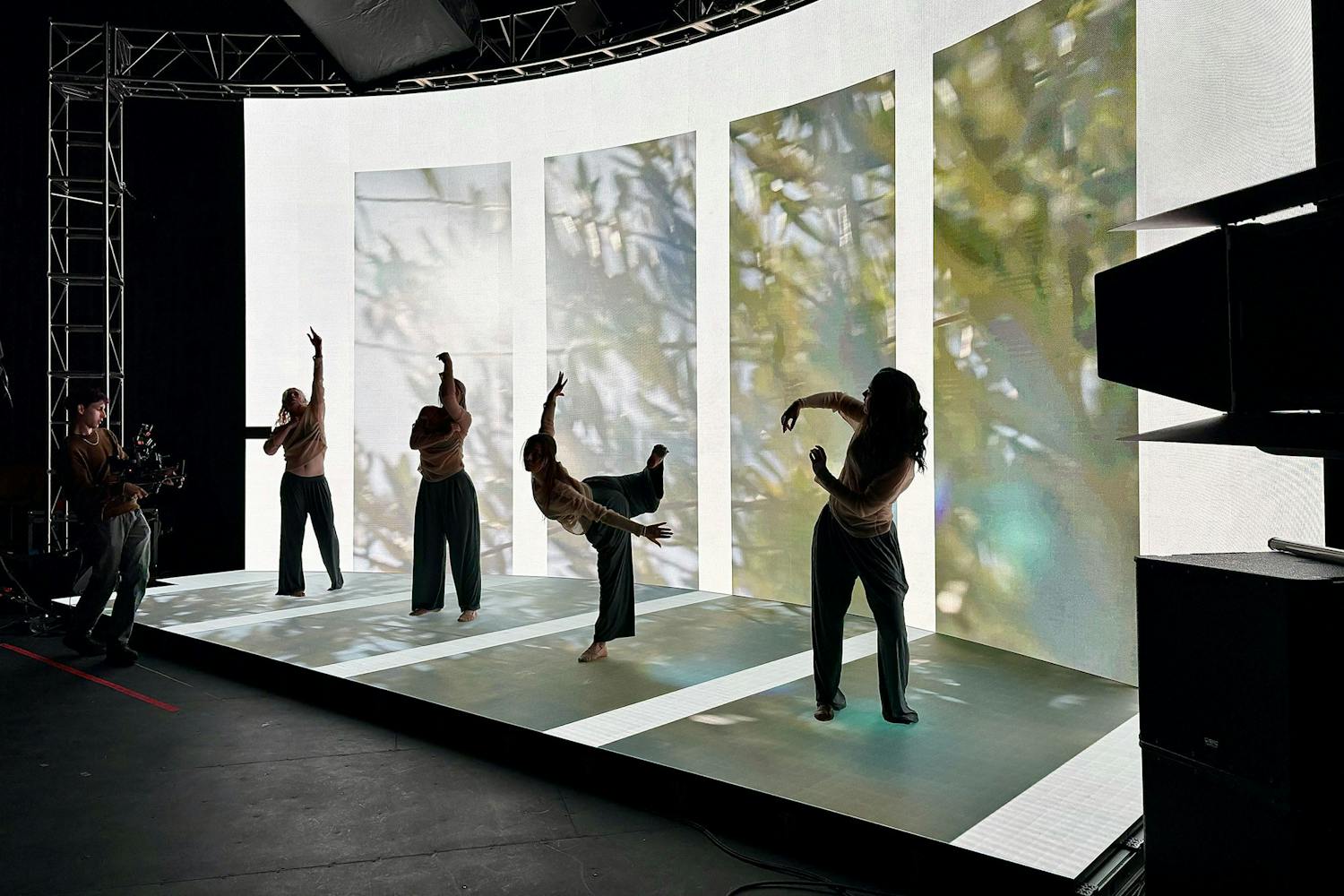The authentic human expression has long been valued as the essence of music because the element of human emotion is unreproducible and unique to the performer. Hinged on deep musical conservatism, some music purists fear that the auto-tuned vocals, software synthesizers and precisely quantized drums found in much of today’s electronic music imperil the fleshly quality in music. The degree of talent required to produce electronic music has also been called into dispute, with cavilers casting disapproval and skepticism upon the lack of physical instrumentation being employed.
With this being said, is electronic music a burgeoning breed that is being unfairly gauged by plebeian standards or is it indeed nothing more than random computer-generated noises that anyone devoid of musical talent could produce?
Talent, essentially the measure of innate aptitude, is subjective and few are born with it. Whether it’s a catchy lead melody or a powerful mix, the ability to create a piece of music that can induce an entire crowd to dance or share a collective feeling bids some extent of talent.
Quality electronic music requires knowledge and an understanding of music theory, composition, synthesis, sonic oscillation and sound engineering, as any respectable genre does. If used as such, a computer is a diverse musical instrument that has the unique capacity to hold a plethora of software based instruments. And like any instrument, proficiency is required to use it properly.
Sure, composers of modern electronic music aren’t of the caliber of unparalleled virtuosos like Beethoven, Mozart or Chopin. Then again, no contemporary music being produced is as intricate as the classical sonatas or chamber music. Thus, electronic music should not be compared to such. In fact, producers like Lindsey Stirling, Andrew Rayel, Zedd and Guy and Howard Lawrence of Disclosure hail from classical trained backgrounds before becoming revered in the electronic music sphere. Even composers who pioneered the earliest forms of electronic music, like Edgar Varèse, Xenakis and Don Preston, all utilized computers and other electronic instruments.
Robotically quantized to precision or imperfect with the human touch, music exists for those who enjoy it and to modulate feelings upon the listener regardless of how it was produced. If a genre of music holds the ability to do so by transforming an entire arena to a dance floor, for example, isn’t that authentic human expression enough?
Reach the reporter at zmoranno@asu.edu or follow @thezackarymoran on Twitter.
Like The State Press on Facebook and follow @statepress on Twitter.





